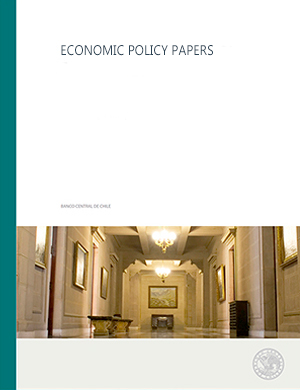Economic Policy Papers N° 63: FinTech and the Future of Central Banking
Publications
Economic Policy Papers N° 63: FinTech and the Future of Central Banking
Autor: Carlos Madeira , Pablo Furche , Mario Marcel , Carlos Medel
Description
This document outlines some of the recent evolution in FinTech—technologically enabled innovation in financial services—, particularly how it can impact the provision of financial services in developing economies and the role of central banks. A significant part of the population in lower-income countries still lack access to services that are widespread in high-income ones, such as formal savings in financial institutions, debit and credit cards, and insurance. Therefore, FinTech may have a positive impact on several aspects of financial inclusion including loans and credit scores for the unbanked households and firms. Nonetheless, financial innovation can affect the transmission of monetary policy by changing the role of money aggregates and the banking system, and it may pose risks for financial stability. FinTech may also compete with traditional financial providers in areas such as payment systems, trading, custody, asset management, and loan intermediation. Distributed ledgers are perhaps the most game-changing innovation for central banks, centralized exchanges, and interbank markets, with a potential impact on market liquidity, competition, and transparency, although it is still in an early stage of development. Regulations and policy making will need to adapt to overcome the challenges posed by modern technologies, and to ensure that they do not become a bottleneck to possible innovations.
Economic Policy Papers N° 63: FinTech and the Future of Central Banking
Boxes and graphics

